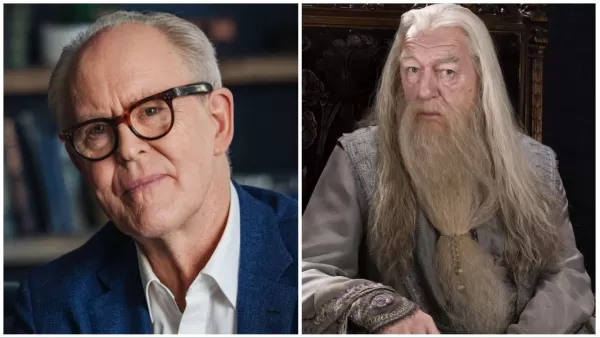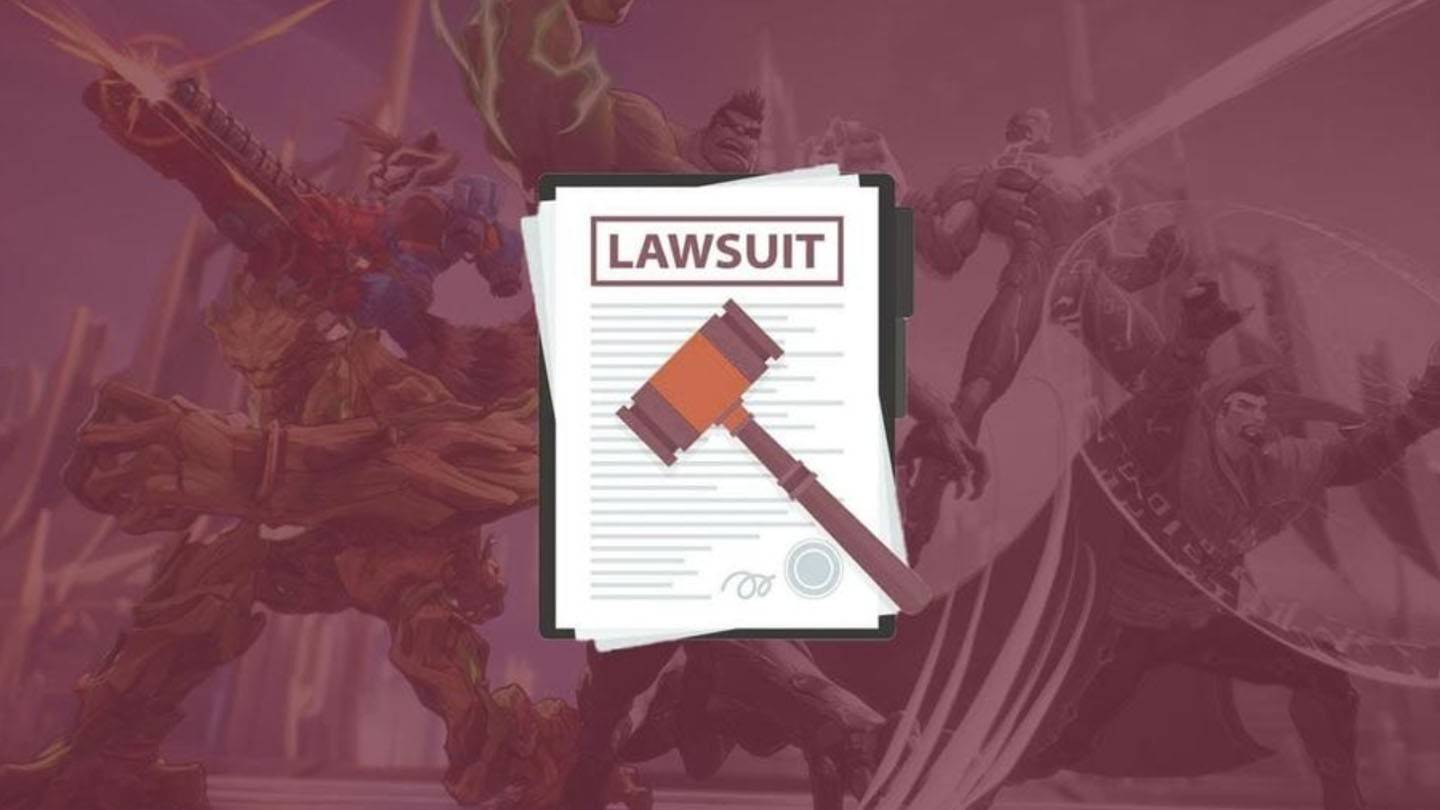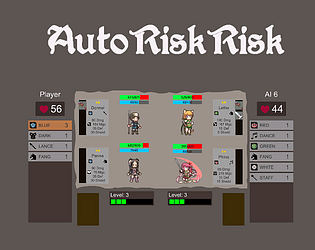Dragon Age Creator Advises EA: Learn from Larian's Baldur's Gate 3 Success
Former BioWare developers have weighed in on the underperformance of Dragon Age: The Veilguard and EA CEO Andrew Wilson's subsequent comments. Wilson attributed the game's failure to not resonate with a broad enough audience, a statement following EA's restructuring of BioWare to focus solely on Mass Effect 5. This restructuring included staff transfers and layoffs, impacting those who worked on The Veilguard. EA reported that The Veilguard engaged only 1.5 million players, significantly below projections. The game's troubled development, including layoffs and the departure of key personnel, has been well-documented. Reports suggest that the game's shift from a planned multiplayer title to a single-player RPG, a change driven by EA, contributed to its challenges. Wilson suggested that future BioWare RPGs require "shared-world features and deeper engagement" alongside strong narratives to achieve broader appeal.
However, former BioWare employees have offered alternative perspectives. David Gaider, former narrative lead on Dragon Age, criticized EA's conclusion that the game's failure stemmed from a lack of live-service elements, suggesting this was a short-sighted and self-serving assessment. He argued that EA should instead emulate Larian Studios' success with Baldur's Gate 3, focusing on the core strengths of the Dragon Age franchise that previously drove strong sales.
Mike Laidlaw, former creative director on Dragon Age, expressed his strong disagreement with the idea of fundamentally altering a successful single-player IP into a purely multiplayer experience, stating he would likely resign if faced with such a demand.
The outcome of these events suggests the future of the Dragon Age franchise is uncertain, with BioWare now fully committed to Mass Effect 5. EA CFO Stuart Canfield acknowledged the shifting industry landscape and the financial performance of The Veilguard, emphasizing the rationale behind reallocating resources to projects with higher potential.
-
HBO's Harry Potter TV series has reached a major casting milestone with the first six roles officially announced. While fans eagerly await reveals for Harry, Ron, Hermione, and Voldemort, we now know who will portray Albus Dumbledore, Minerva McGonagAuthor : Gabriel Dec 22,2025
-
The meteoric rise of Marvel Rivals, NetEase's multiplayer game, has been met with both praise and legal trouble. Although the game rapidly attracted millions of players, its success has been shadowed by serious legal issues for the developer.In JanuaAuthor : Violet Dec 22,2025
- Spring Valley Farm Game: January 2025 Redeem Codes
- WWE Superstars Join Call of Duty Warzone: Mobile Roster
- Midnight Girl is a minimalist point-and-click adventure set in Paris in the 60s, now open for pre-orders on mobile
- Mobile Legends: Bang Bang – Best Lukas Build
- "Grand Outlaws Unleashes Chaos and Crime on Android Soft Launch"
- Video Game Song Surpasses 100 Million Streams on Spotify






















